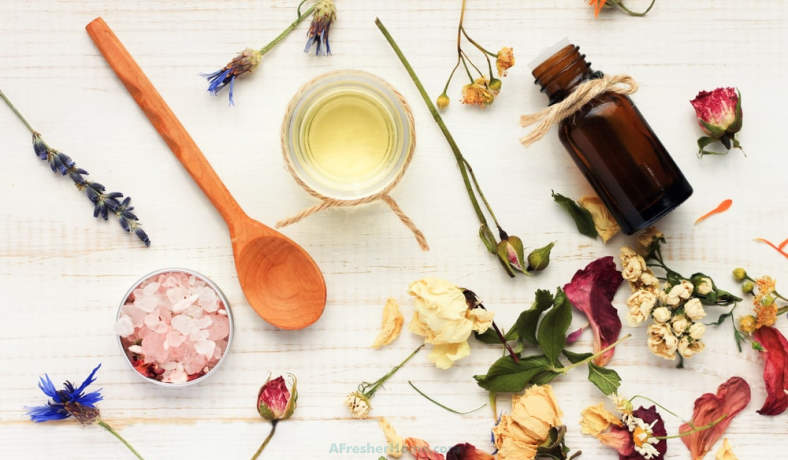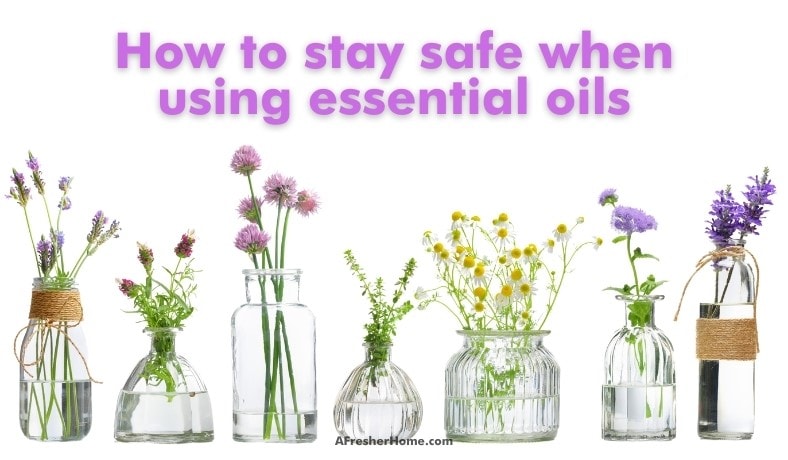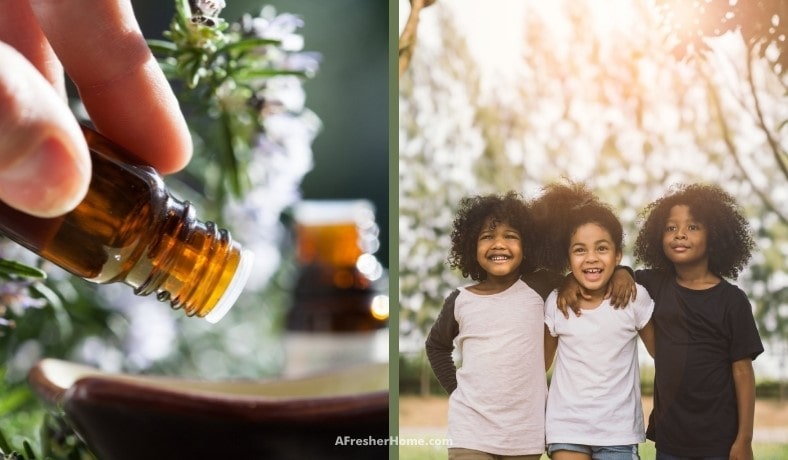Contents
Is Lavender Essential Oil Toxic?
Lavender essential oil is safe for adults when inhaled or swallowed in low amounts. However, that doesn’t mean that it can’t be dangerous if used improperly.
It can cause a reaction in children that swallow even small amounts and lavender poisoning can happen when someone swallows a large amount of it.
Some of the symptoms of lavender poisoning can include:
- Blurred vision
- Difficulty breathing
- Burning pain in the throat
- Burns to the eye (if you get it in your eye)
- Confusion
- Decreased level of consciousness
- Diarrhea (watery, bloody)
- Stomach pain
- Vomiting
- Rash
Some of the major effects of lavender oil can come from reactions of the skin and there’s some evidence suggesting that the topical application can affect hormones in males that have not yet reached puberty.
Is Peppermint Oil Toxic?
Just like many other essential oils, peppermint can become toxic and even lethal if it has been taken in excessive dosages. Otherwise, it isn’t considered toxic.
Peppermint oil can cause rashes and other irritations when applied to the skin and it can also cause heartburn if ingested. It has been associated with interstitial nephritis and acute renal failure, and it can have negative effects on those that have cholelithiasis or cholecystitis.
It also shouldn’t be used by people with hiatal hernia or significant gastroesophageal reflux disease due to the fact that its effect on the lower esophageal sphincter can lead to an increase or worsening of symptoms.
Reactions to peppermint oil use
Some of the most common negative symptoms that are associated with exposure to peppermint oil include:
- Allergic reactions
- Heartburn
- Perianal burning
- Blurred vision
- Nausea and vomiting
Peppermint oil and pregnant women
Peppermint oil is something that has been used to trigger menstruation and should be avoided by pregnant women. There’s not really enough research to say for sure if it is safe for breastfeeding mothers at the moment, so it’s best to avoid it unless told otherwise by a medical professional.
It should never be used internally or on or near the face of young children as it can cause dangerous problems. Peppermint shouldn’t be applied to the skin or diffused around children under the age of 6.
How to Stay Safe When Using Essential Oils
It’s important to always use essential oils that have been diluted to avoid adverse reactions.
Generally speaking, the concentration of essential oil should be below 5%. A 1% dilution is the equivalent of adding around 6 drops of essential oil to 1 ounce of carrier oil.
The guidelines for safe dilution levels can vary depending on who’s using them.
Diluting essential oils
You can easily dilute your essential oils by mixing a few drops of them with some carrier oil which will typically be vegetable-based.
You should also do a patch test before you go ahead and cover your skin with any essential oil mixtures just in case you are allergic. To do a patch test:
- Wash your arm with unscented soap and pat it dry.
- Rub a few drops of diluted essential oil onto a small patch of your forearm.
- Finally, wait for 24 hours, and if the skin is red, itchy, blistering, or swollen where you applied the oil, then you shouldn’t use it again.
If you experience discomfort before the 24 hours is up wash the area with soap immediately.
Avoid Internal Use
Essential oils are not always consistently regulated and you should never use them internally unless you have the right training to do so or act under the advice of a doctor.
You should never use essential oils internally.
Diffuse Safely
When you are using essential oils, always follow the correct dilution guidelines, diffuse in a well-ventilated area, and diffuse intermittently.
Can You Use Essential Oils When Pregnant?
There’s a lot of debate surrounding whether or not you should use essential oils if you are pregnant, so you should always contact a medical professional for advice before using them.
There are certain essential oils that should never be used during pregnancy but there may be others that are safe to use.
Some of the oils that should never be used during pregnancy or breastfeeding are:
- Camphor
- Parsley seed
- Hyssop
- Pennyroyal
- Tarragon
- Wintergreen
- Wormwood
Can You Use Essential Oils On Young Children?
This is another topic that has sparked debate as children and infants are known to have thinner skin and less developed livers and immune systems. This makes them more vulnerable to potential toxicity that could arise through using essential oils.
As a general rule:
- Avoid essential oil diffuser use for babies under 3 months old.
- For children, you can use most oils safely if they’re diluted more to reduce their strength.




